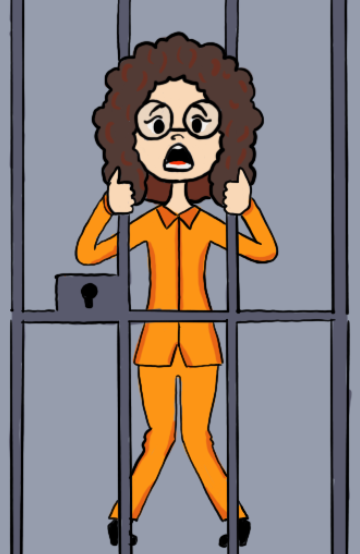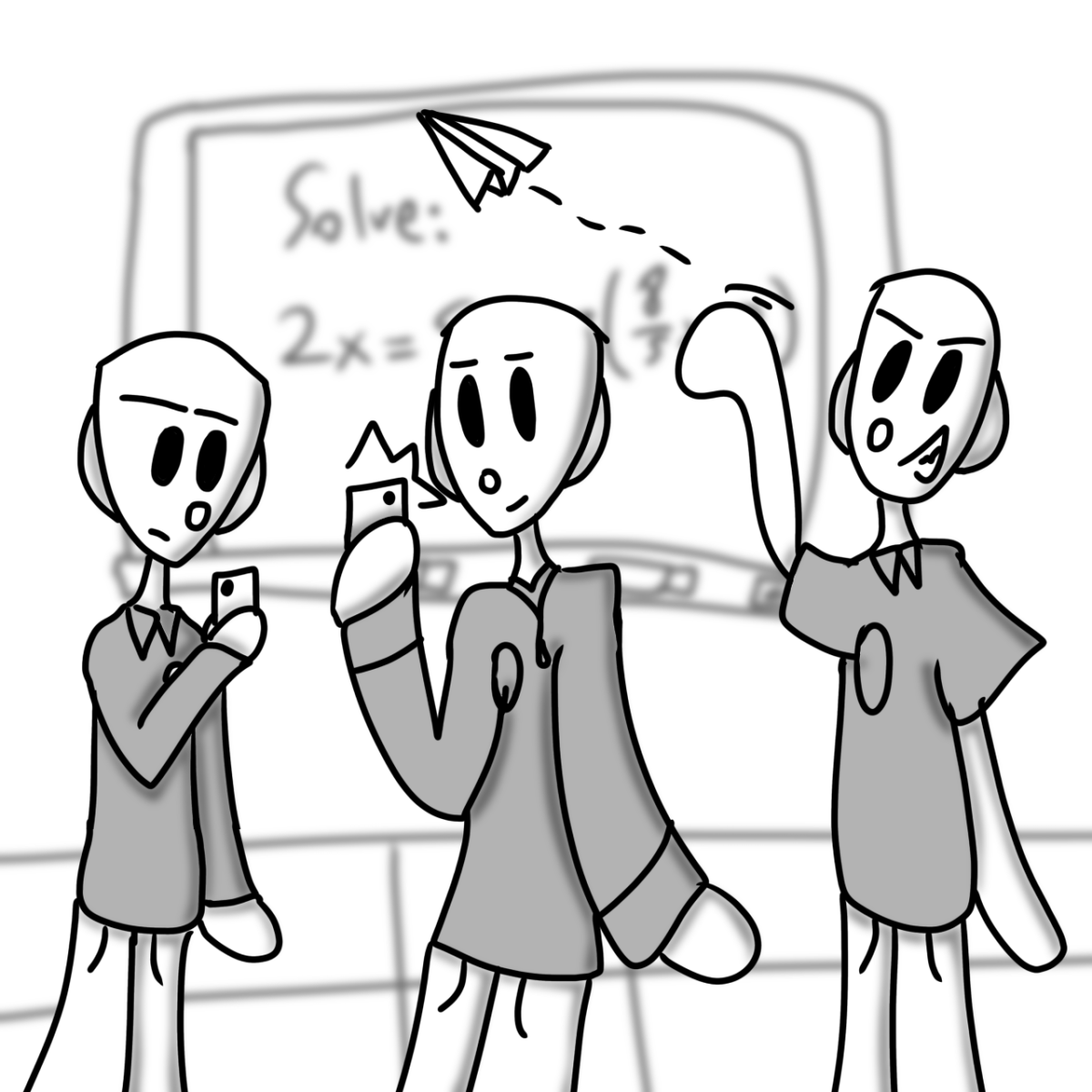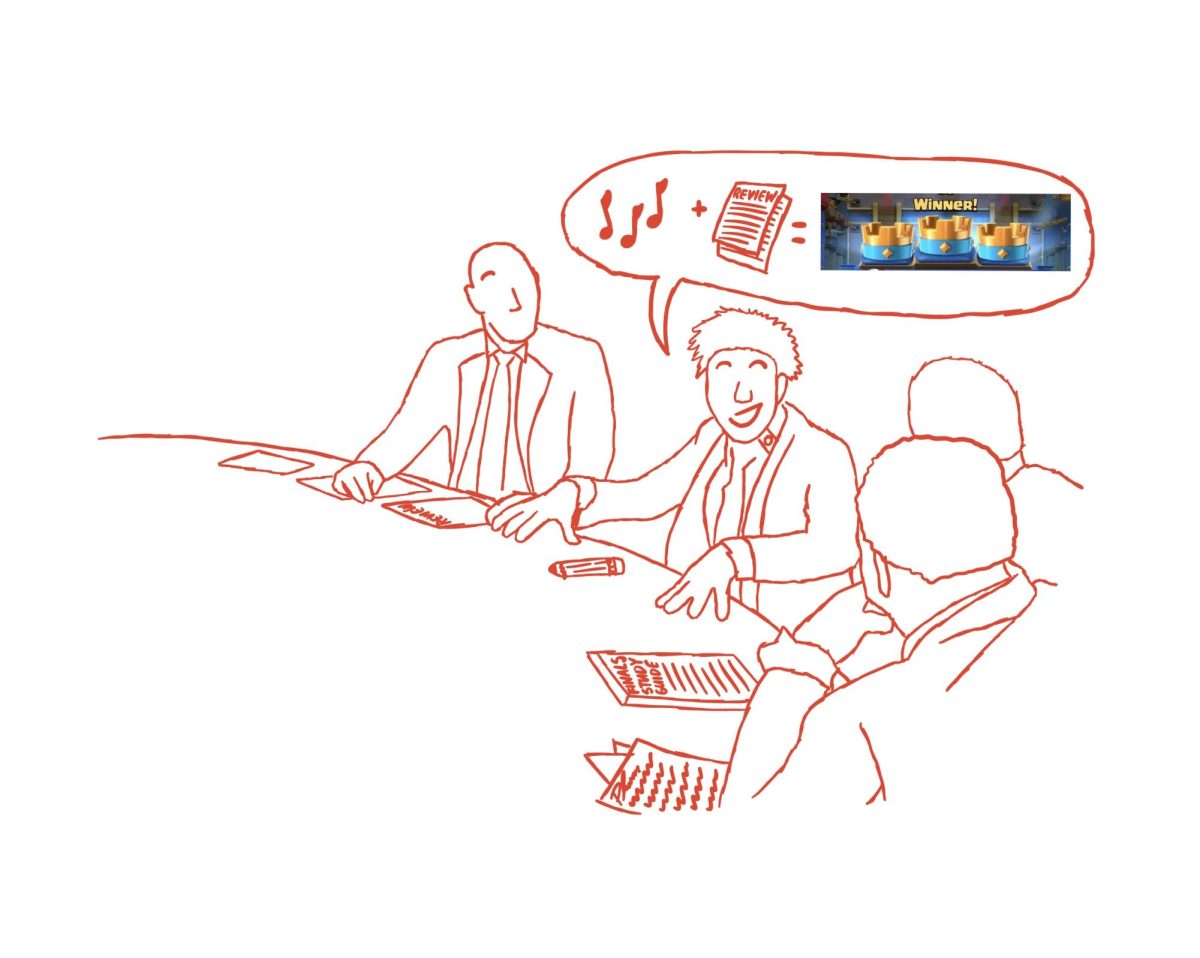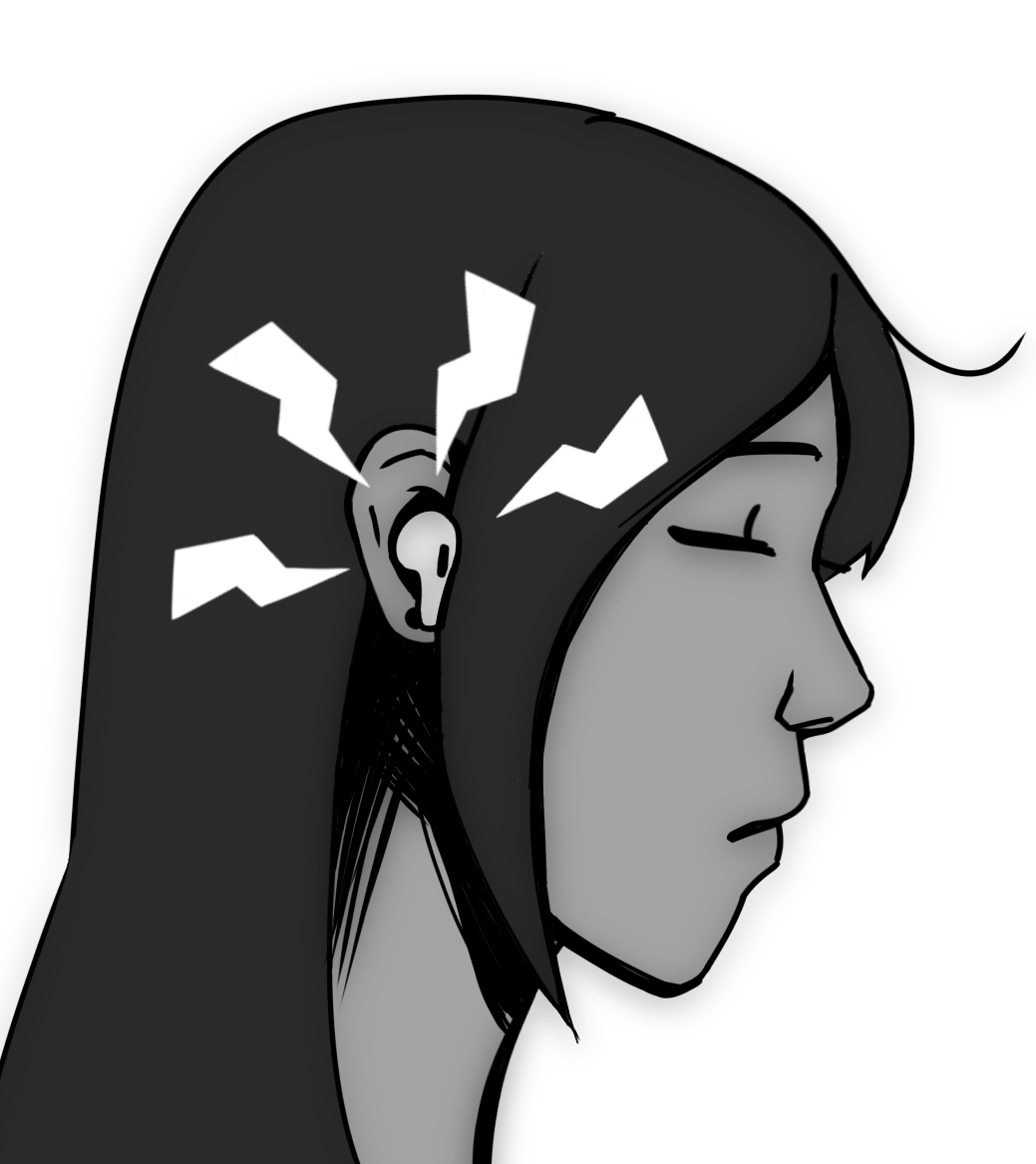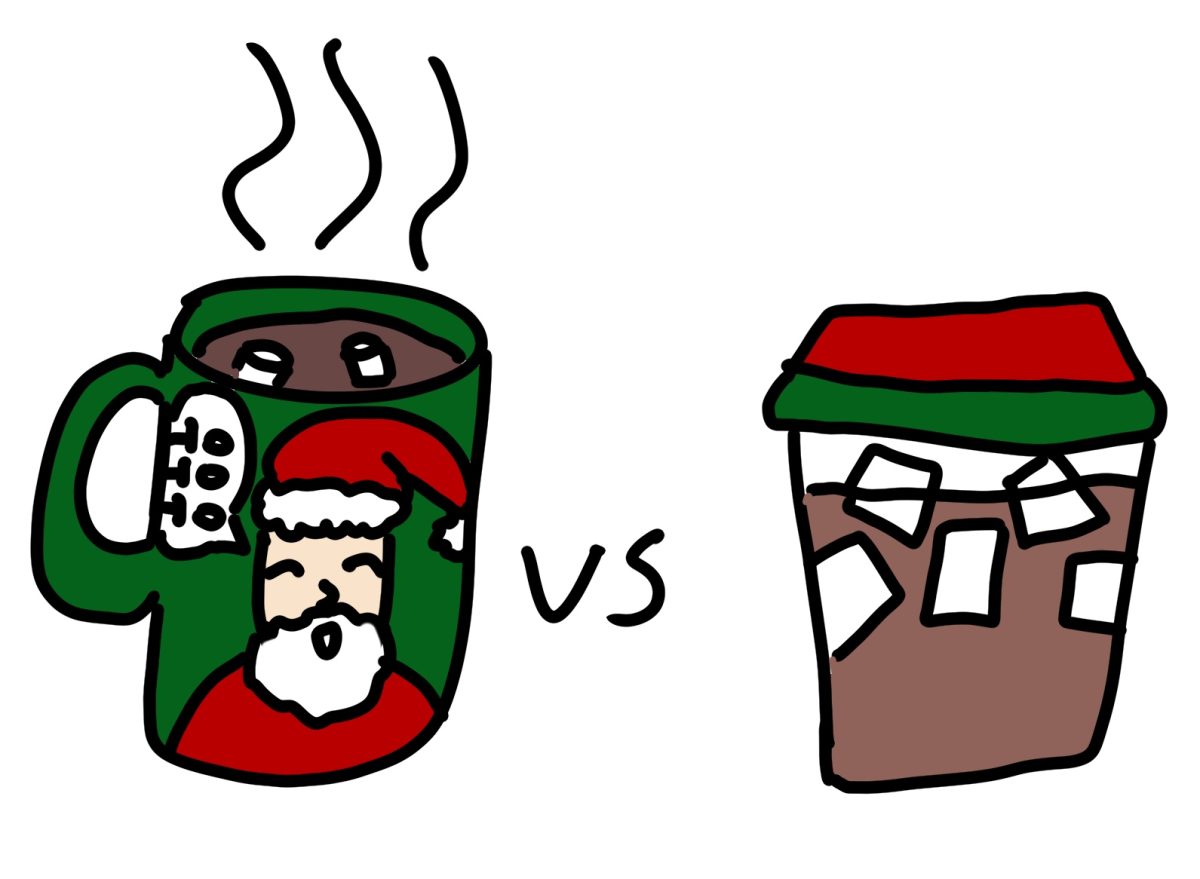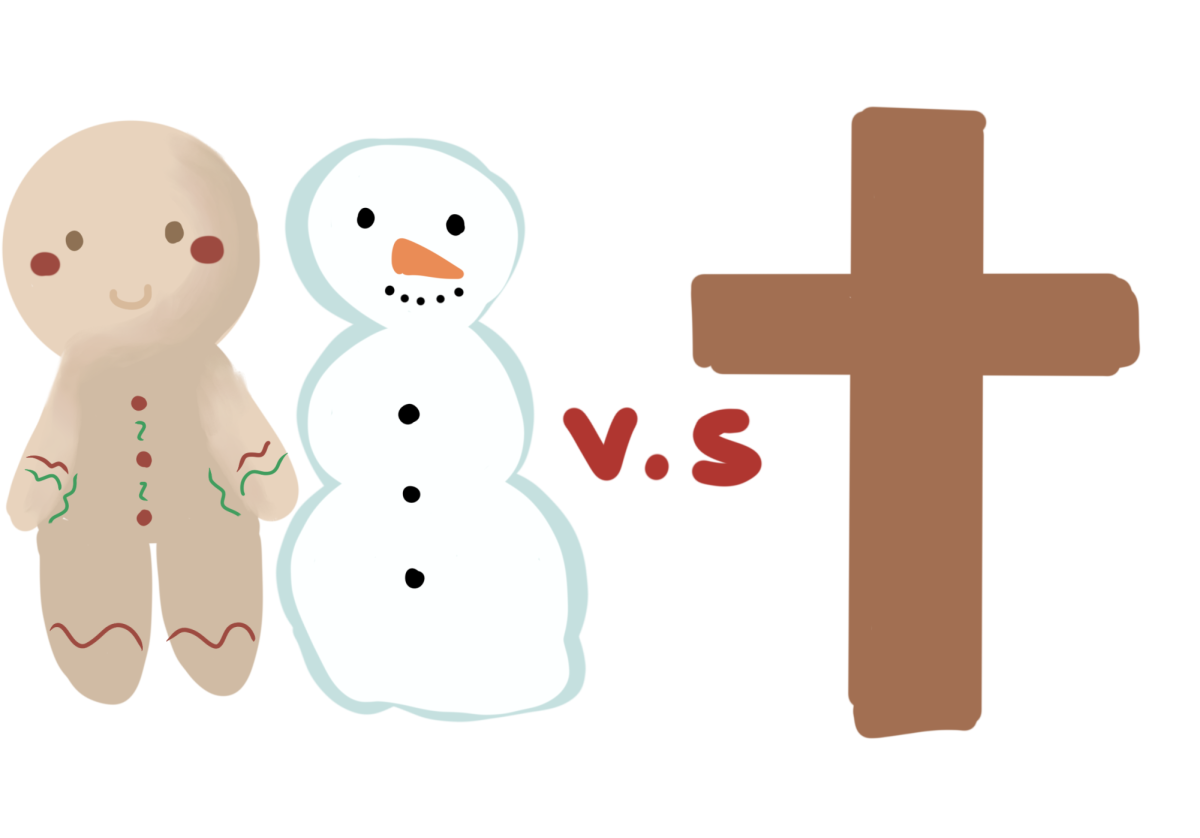Every morning I stand up, put my hand on my heart and pledge my allegiance to the United States of America, land of the free, land of liberty and justice for all. However, I amongst many others fail to realize that to 2,068,800 individuals, America is not a land of freedom or justice at all. Over two million Americans reside in prisons scattered across the country, and while, yes, they are incarcerated for their violations of the law, they themselves are also victims of the unfair and inhumane U.S. prison system. From poorly compensated labor to racial targeting and lack of attention to healthcare needs, the U.S. prison system presents many flaws that prove to violate the basic human rights of prisoners—rights that America as a whole prides itself on.
Prison labor has been around since the earliest established prisons of the 19th century, and has grown to become a multi-billion dollar industry. While it is legal and, in most cases, voluntary, it is the conditions in which prisoners are subjected to work and their improper compensation that raise questions about the morality of the act.
In an interview with NPR, former prisoner Dominque Morgan shared their experiences while incarcerated at Omaha Correctional Center (OCC).
“My day would start at 4 a.m. I would go into the kitchen. I would make the breakfast for 1,200 men. I would work lunch. I would work dinner. And I’d make $2.25 a day,” recounted Morgan.
At the end of the month after taxes, Morgan would walk away with a total of $54 for 12 hours of daily labor. The money prisoners work for also isn’t meant to be saved for when they are released. It goes towards phone calls to their families, food like chips or other snacks and even hygiene products like deodorant. Items we would consider essentials or everyday parts of our lives are luxuries to the incarcerated population.
In addition to the measly paychecks, Morgan relayed how prisoners at OCC did not have the option to simply not work.
“You don’t get days off. You don’t get to have sick days. And if I didn’t go to work, it was a rule violation,” they shared.
Many large corporations and prisons take advantage of the convenience that prison labor provides, but neglect to recognize the dehumanization of prisoners that happens in the process. Pushing prisoners into a type of modern-day slave labor strips prisoners of their dignity, and while prison is meant to be a punishment, it does not mean that those incarcerated do not deserve fair working conditions or even basic human respect.
Prison labor on its own is one issue; however, it has only continued to thrive due to mass incarceration. While as of 2023 the U.S. only accounts for 4.23% of the world’s population according to World Meter, the World Population Review observes that roughly 25% of the world’s prison population resides in the U.S., leading to an incarceration rate of 629 people per 100,000—the highest in the world.
This overcrowding of prisons leads to worsening living conditions of prisoners, and an increase of violence, neglect and mistreatment in correctional facilities. Additionally, it allows for healthcare to be pushed to the wayside, be it physical or mental. Fair Fight Initiative, an organization that works to defend those affected by the criminal justice system, brings to light the issues surrounding the subpar healthcare for prisoners.
“According to Mental Health America, 1.2 million incarcerated individuals have a mental illness. Prison officials are not trained mental health care practitioners, and often don’t know how to deal with erratic behavior,” they write.
Health and safety are not the only issues prisons lack focus on, though. Rehabilitation of inmates has lost its prominence in the prison system. Increased punishment while in prison does not address the root of the problem, and not putting money and resources into addressing these issues is what leads prisoners to get sent straight back once they are released.
A report for Crime in America found that 68% of released prisoners found themselves arrested for a new crime within three years and 77% were arrested again after five years post-release.
It is clear that harsh punishment proves ineffective and our prison system does nothing to discourage inmates from re-committing crimes. The lack of resources inmates have access to in order to better themselves, including therapy or programs that help them become better members of society, is what fuels the continuous cycle of mass incarceration because prisoners never really escape the system and it ultimately does not lead to a safer country if criminals are not taught to address their behaviors.
As Americans, we must reflect on the values that this country hold dear and define what we consider basic human rights: freedom, justice, the right to feel safe where we are living, the right to be treated for our sickness. While those in prison are there for various reasons, those reasons do not override the fact that they are still Americans and they are still human beings. They, just like all of us, deserve to live with dignity.



